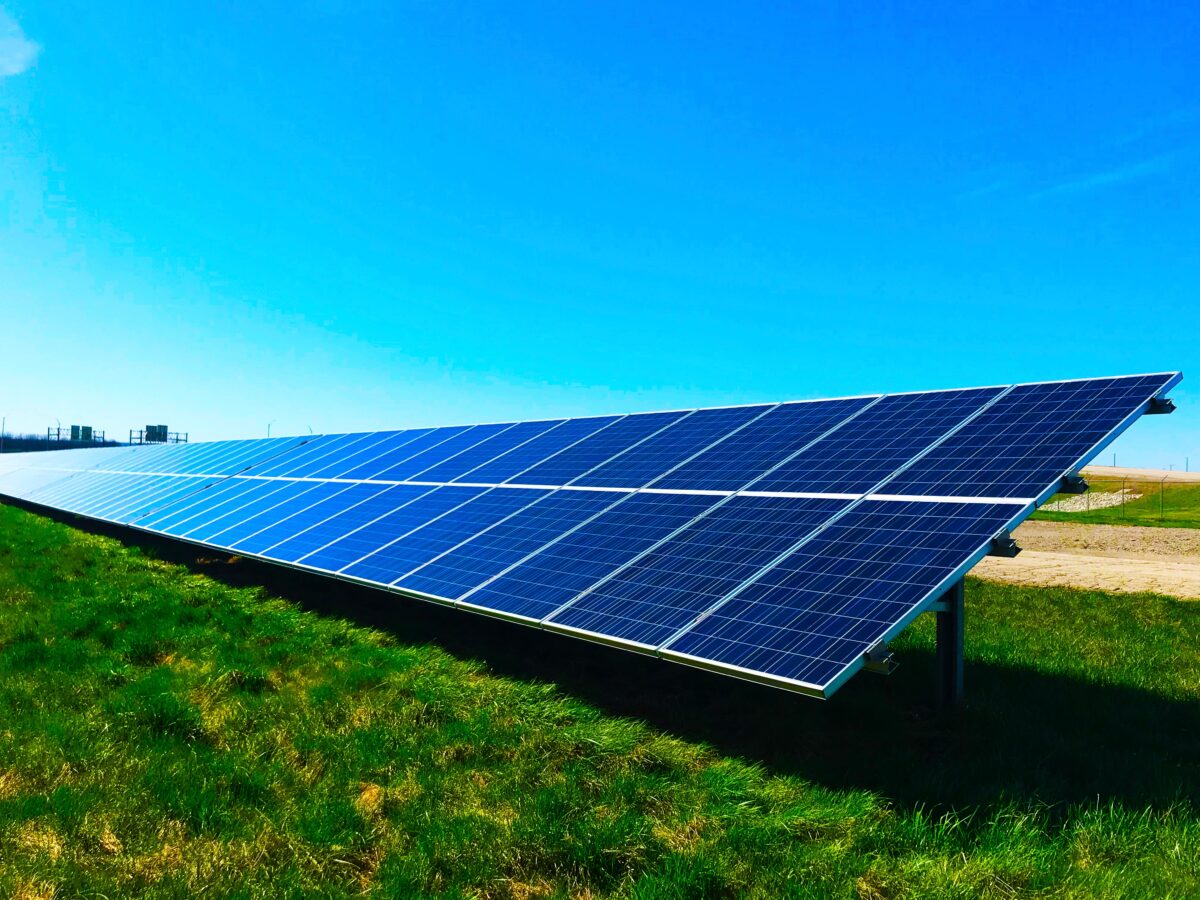The contents of this blog post have been transcribed from our YouTube video, “California’s New Solar Regulation and Requirements: AB2143”
Renewable energy is taking the construction space by storm and keeping up with regulations can be a tough feat, but we’re here to help. We’ll be discussing changes made to California’s net energy metering program that came into effect January 1st, 2024 in this overview of Assembly Bill 2143, also known as AB 2143.
Table of Contents
- Net Energy Metering Explained
- Applicability and Requirements
- Paying Prevailing Wages
- Maintaining and Verifying Payroll Records
- Biannual Payroll Submissions
- Penalties
- Exemptions
- Conclusion
Net Energy Metering Explained
Net energy metering is a tool that allows customers with renewable energy systems, namely solar panels, to gain credit for solar projects exceeding 15 kW of energy generated that is fed back into the grid. So, extra energy gathered from a renewable energy source can be sold for credit.
Applicability and Requirements
AB2143 is applicable to contractors entering into a contract to perform work on a renewable electrical generation facility or associated battery storage.
The requirements include:
• Paying Prevailing Wages
• Maintaining and Verifying Payroll Records
• Submitting digital copies of payroll records biannually
Paying Prevailing Wages
Prevailing wages are the minimum rate required to be paid out to workers in a specific occupation, also known as a classification. California prevailing wage rates are issued by the Department of Industrial Relations, also known as the DIR. Not only are there required base rates assigned to each occupation type, but there are also fringe amounts and provisions that can differ per classification. For an in-depth review on prevailing wage, you can visit this video on our YouTube channel.
Maintaining and Verifying Payroll Records
The second requirement is the requirement to Maintain and Verify Payroll records. Payroll records must be accurate and display the following:
• Employee name
• Address
• Social security number
• Work classification
• Straight time and overtime hours worked each day and week
• Actual wages paid
They must also be signed under penalty of perjury, which is a legal statement by the signer verifying that all information on the payroll record is true.
These payroll records must also be available for inspection or furnished upon request to the awarding body and Division of Labor Standards Enforcement, also known as the DLSE.
Biannual Payroll Submissions
Finally, each contract must submit digital copies of certified payroll records biannually. The dates for submission are July 1st and December 31st of each year. The commission team that monitors Net Energy Metering projects will be retaining these records as public record for five years.
So, to summarize the key points, prevailing wages must be paid at minimum to employees on renewable energy projects, payroll records of these wages must be kept and available upon inspection or request, and records must be submitted biannually.
Penalties
While the requirements can be vast, violation of the requirements can pose major issues. AB 2143 is enforced through the following means:
A civil wage and penalty assessment can be issued. So, if a contractor is found to be in violation, interest will accrue on all due and unpaid wages and the violator will be publicly listed by The Labor Commissioner. Construction workers cannot be underpaid and administrative complaints or civil action can be pursued for violation of the bill.
Additionally, willful violation can result in revoked eligibility for the energy facility to receive service pursuant to AB 2143 Section 769.2(d).
Exemptions
Please note, this bill is not applicable to the following (as derived from AB 2143 Section 769.2(f)):
“
• A residential renewable electrical generation facility that is eligible to receive service pursuant to the standard contract or tariff developed pursuant to Section 2827.1 and has a maximum generating capacity of 15 kilowatts or less of electricity.
• A residential renewable electrical generation facility that is eligible to receive service pursuant to the standard contract or tariff developed pursuant to Section 2827.1 and that is installed on a single-family home.
• A project that is a public work, as defined in Section 1720 of the Labor Code, and that is subject to Article 2 (commencing with Section 1770) of Chapter 1 of Part 7 of Division 2 of the Labor Code.
• A renewable electrical generation facility that serves only a modular home, a modular home community, or multiunit housing that has two or fewer stories.
“
Conclusion
With everything discussed in mind, it’s important to be aware of and comply with the requirements of AB2143. Our team works closely with contractors through dozens of project types to assist in remaining compliant. If you would like in-depth assistance, please feel free to get in touch.

